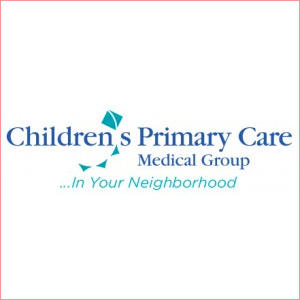Great Grains for Babies and Toddlers

Just like grown-ups, babies and toddlers benefit from eating a variety of grains as part of a healthy diet, including whole grains. Whole grains contain many benefits: they are rich sources of iron and other vitamins, minerals, fiber, and nutrients that help babies and toddlers stay healthy and strong. Examples of whole grains include steel-cut oats, barley and quinoa.
There are many other iron-rich food options for parents to include in their baby’s diet:
- Fruits like bananas and peaches
- Green vegetables like broccoli, spinach, kale and collard greens
- Beans
- Sweet potatoes
- Meat and poultry (beef, pork, turkey, chicken)
These foods can be pureed for children ages 6 to 8 months, or chopped and mashed for children 9 to 12 months.
Many parents serve their children rice cereal, a traditional first food. Recently the U.S. Food and Drug Administration expressed concern about the amount of inorganic arsenic in infant rice cereal. Rice tends to absorb arsenic as rice plants grow.
The FDA recommends that infants, children and pregnant women should eat a variety of foods, including whole grains. The American Academy of Pediatrics and CPCMG supports the proposed action level and offers tips for parents on the issue.
Remember, always consult your CPCMG pediatrician regarding your baby’s diet and specifically discuss any foods that may pose allergy risks.

